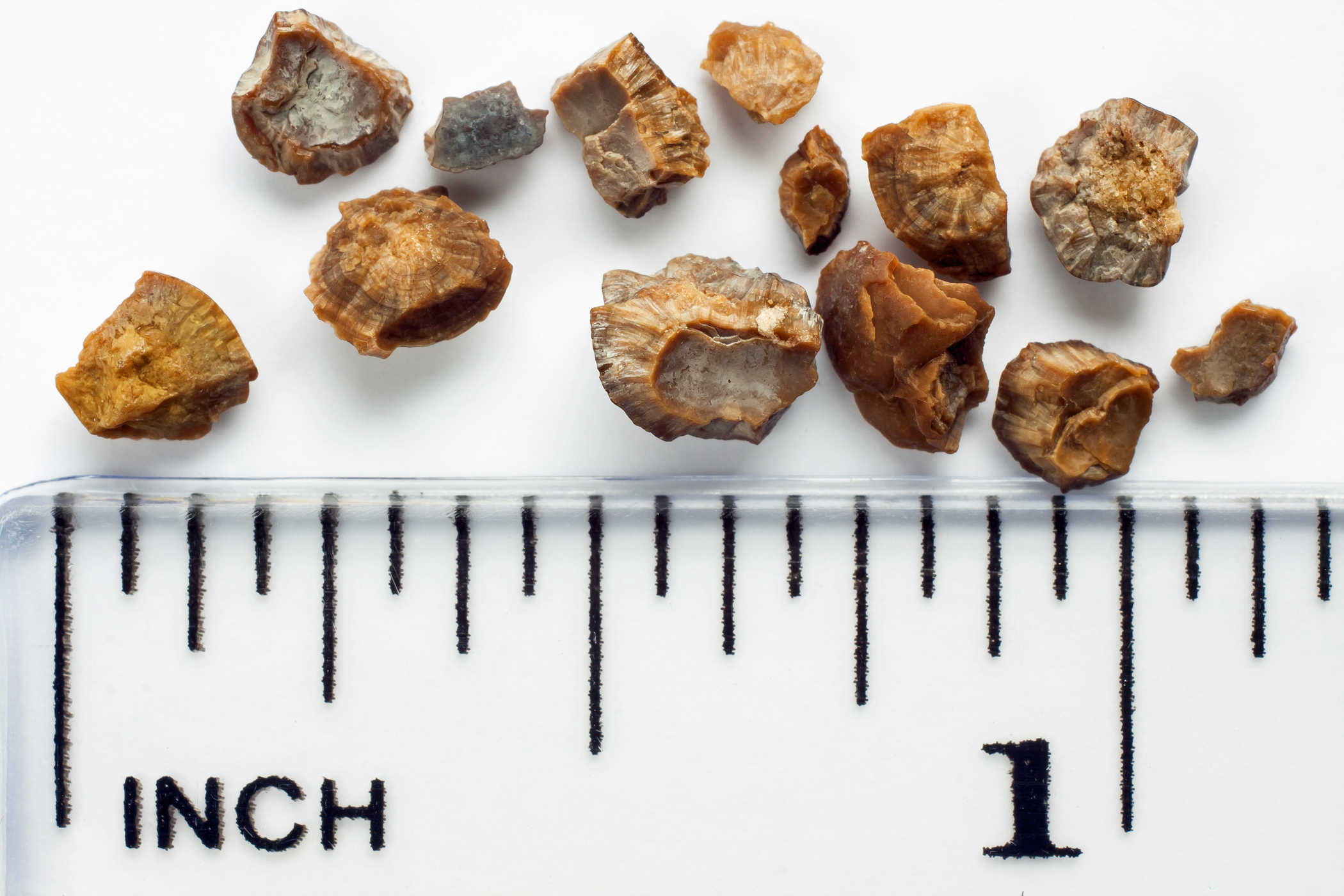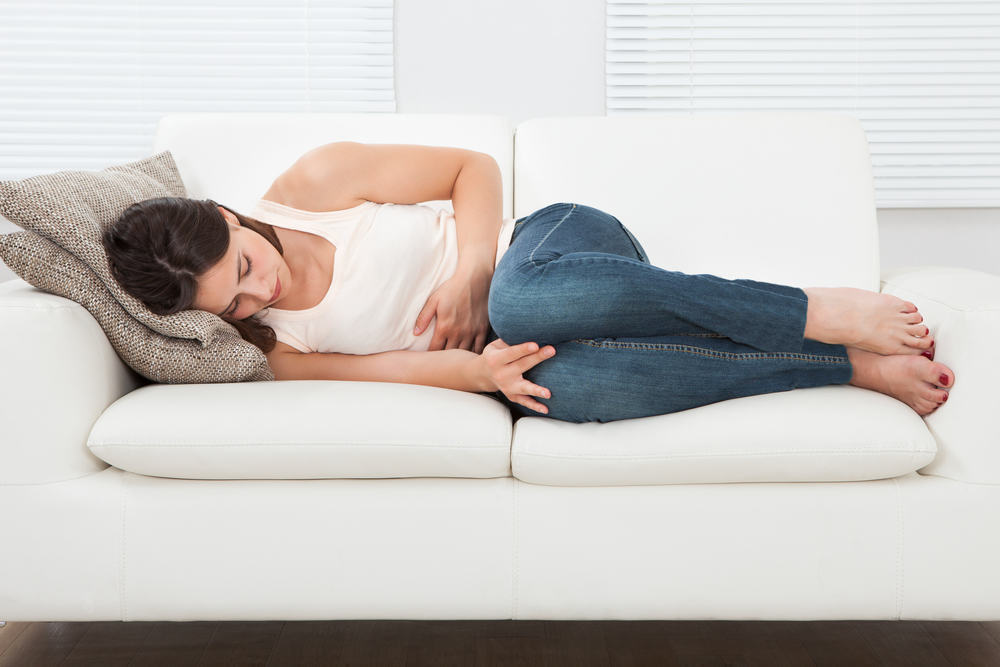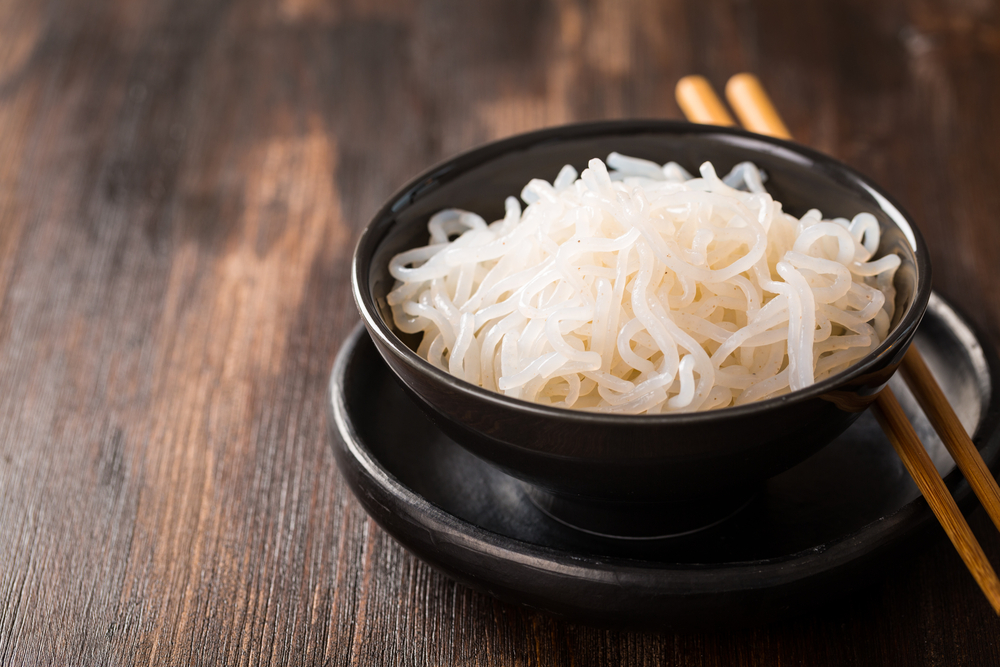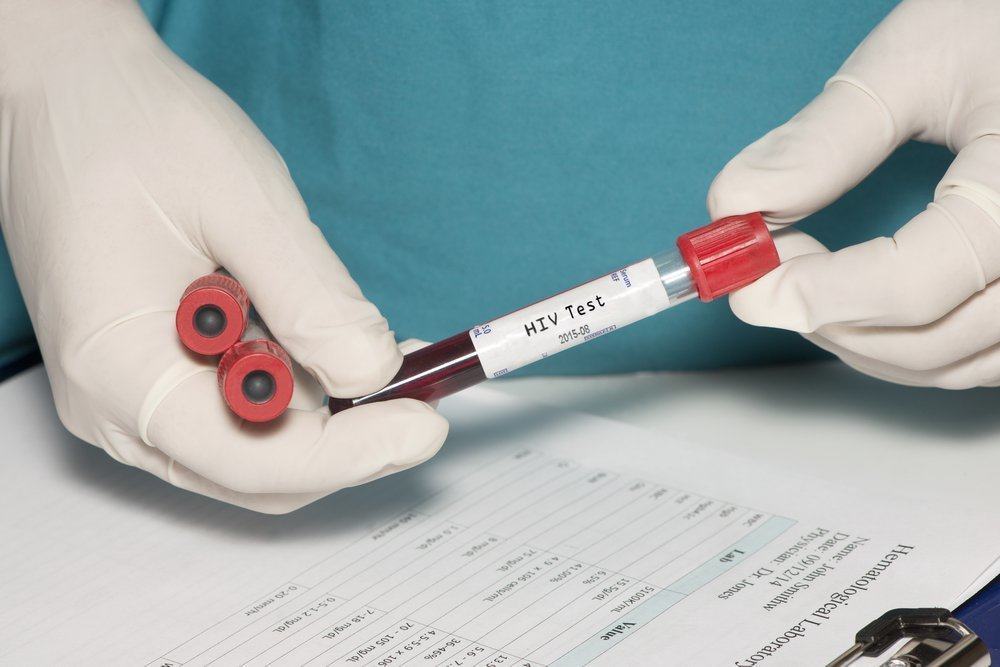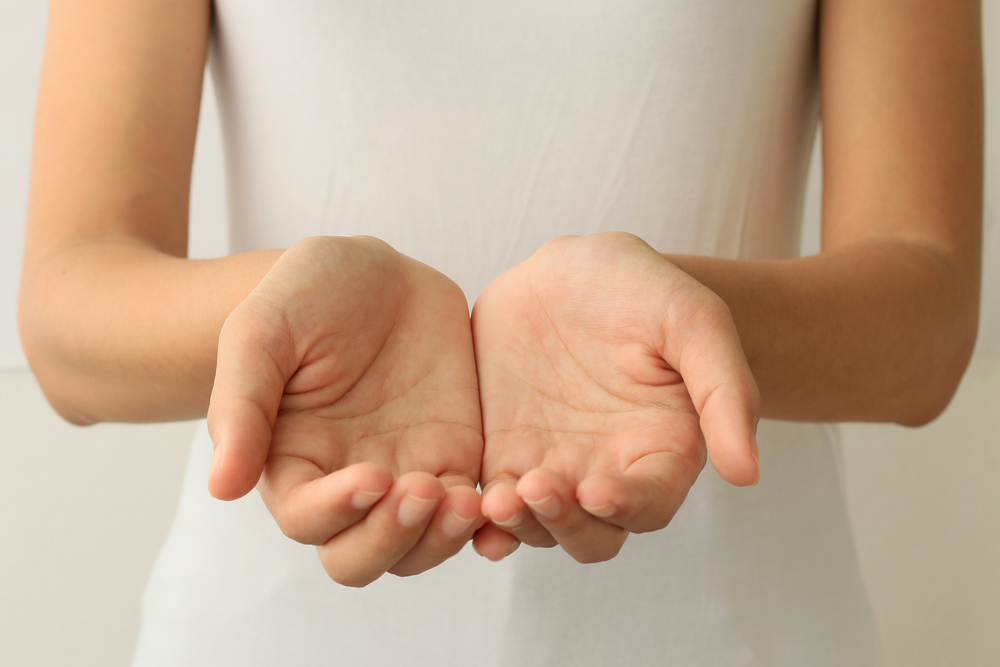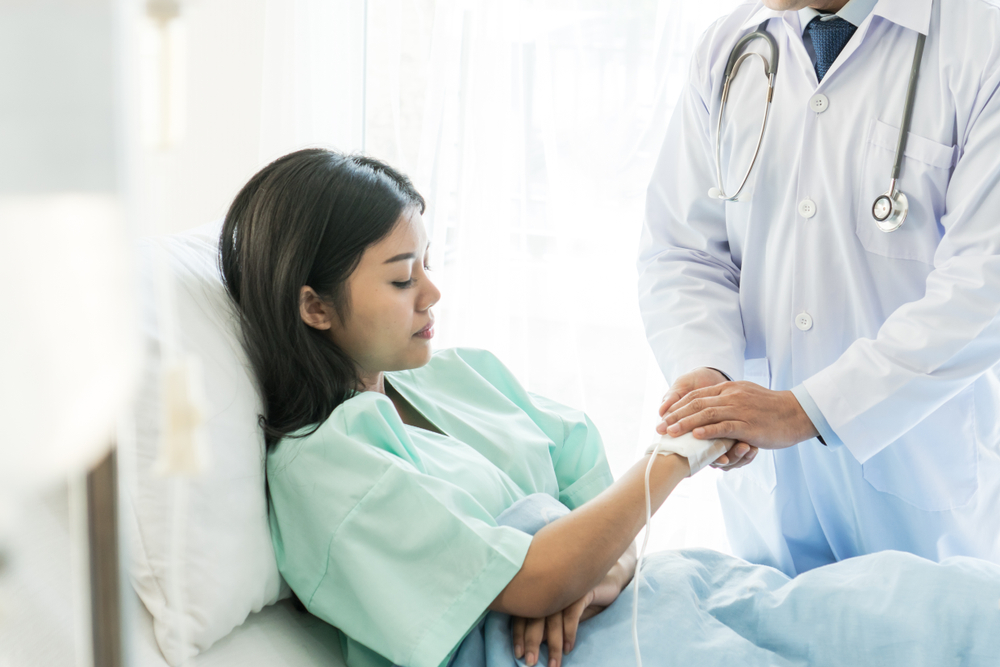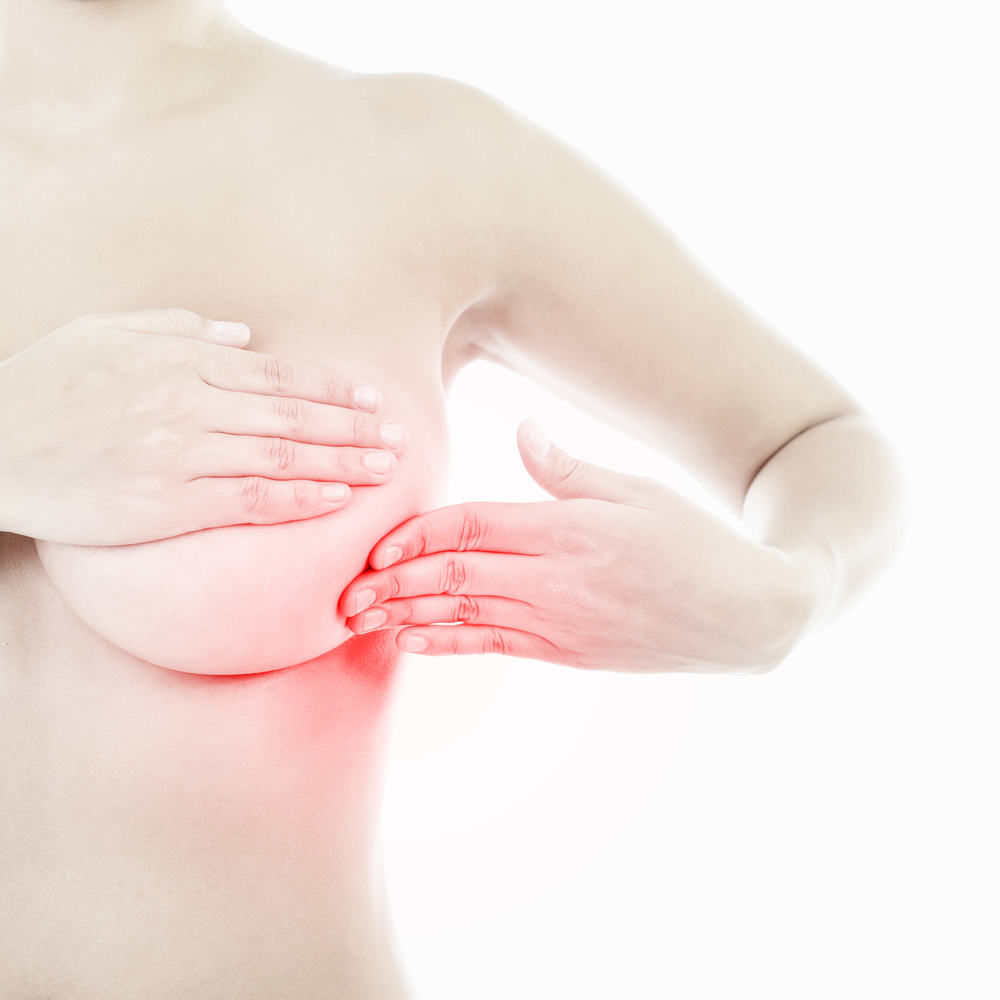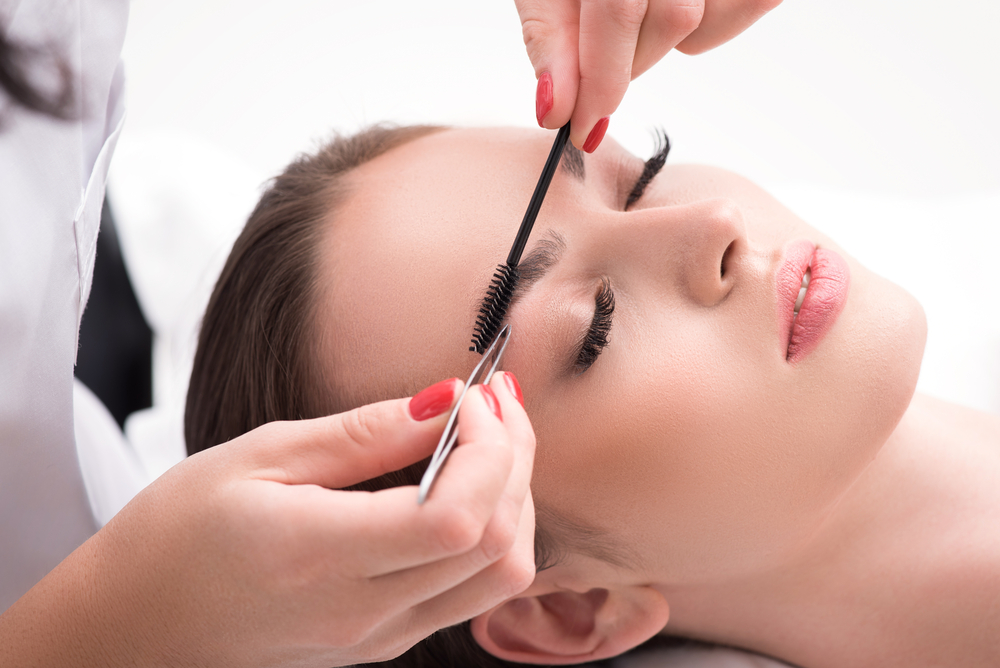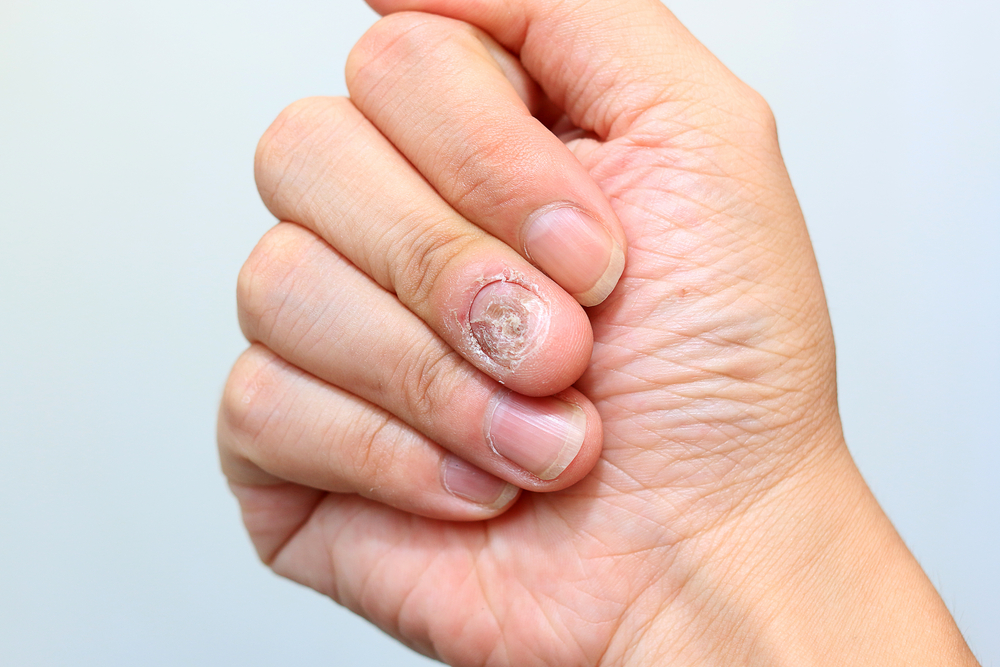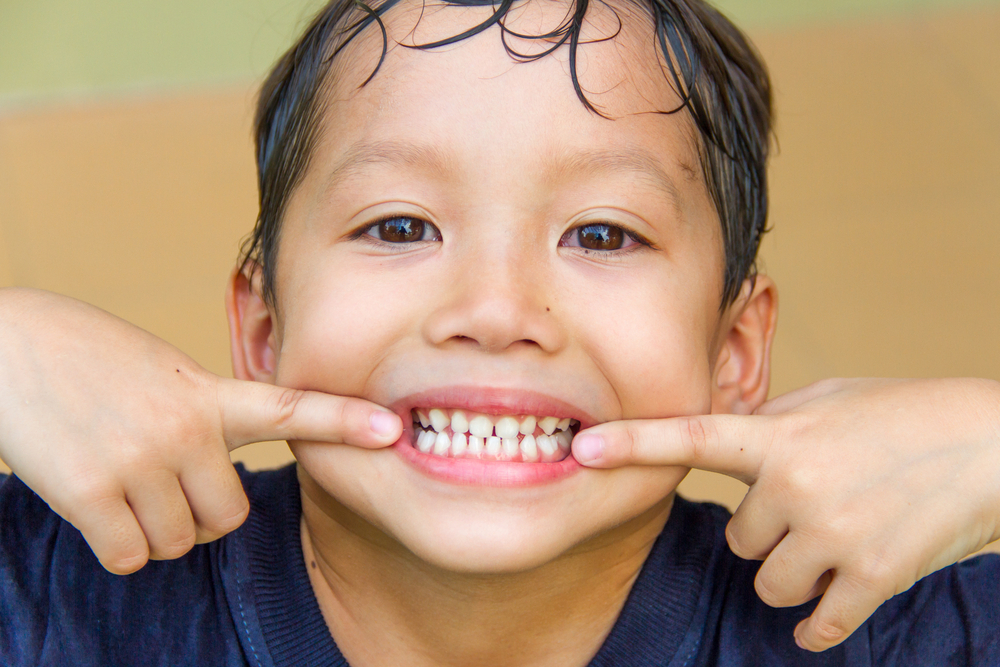Contents:
- Medical Video: Urology Month: Am I Passing a Kidney Stone?
- What is kidney stone?
- What causes kidney stones?
- What are the types of kidney stones?
- What are kidney stones like?
- What are the symptoms of kidney stones?
- When should I contact a doctor?
- How to diagnose kidney stones in the body?
- How to treat kidney stones?
- How do you prevent kidney stones from forming?
Medical Video: Urology Month: Am I Passing a Kidney Stone?
What is kidney stone?
Kidney stones are solid materials that form in the kidneys when there are high levels of certain substances in the urine. This substance is usually found in urine and does not cause problems if not severe.
A stone may remain in the kidney or move along the urinary tract. Kidney stones vary in size. A small stone can come out on its own, causing little pain or no pain at all. A large stone can be trapped along the urinary tract. A trapped stone can block urine flow, causing severe pain or bleeding.
What causes kidney stones?
Kidney stones are caused by high levels of calcium, oxalate, and phosphorus in the urine. Some foods can cause kidney stones in certain people. You may be more likely to get kidney stones if you have:
- a condition that affects the level of substances in your urine which can cause stone formation
- have a family history of kidney stones
- relapse or recurrence, urinary tract infection
- blockage of your urinary tract
- digestive problems
You may also be more likely to get kidney stones if you don't drink enough fluids or if you use certain drugs.
What are the types of kidney stones?
Doctors have found four main types of kidney stones:
- The most common type of stone contains calcium. Calcium is a normal part of a healthy diet. Calcium that is not used by bones and muscles goes to the kidneys. In most people, the kidneys secrete extra calcium together with the rest of the urine. People who have calcium stones store calcium in their kidneys. Calcium that stays behind joins other waste products to form rocks. A person can have calcium oxalate and calcium phosphate stones, although calcium oxalate stones are more common.
- A uric acid stone can form when urine contains too much acid. People who eat a lot of meat, fish, and shellfish may be exposed to gout stones.
- A stone struvite can form after you have a kidney infection.
- Cystine stones are the result of genetic abnormalities, which means the problem is passed from parent to child. The disorder causes cystine to leak through the kidneys and into the urine.
What are kidney stones like?
Kidney stones vary in size and shape. Stones may be as small as sand grains or as large as pearls. Some stones are even as big as golf balls. Stones may be smooth or jagged and usually yellow or brown.
What are the symptoms of kidney stones?
You may have kidney stones if you:
- have pain when urinating
- the presence of blood in your urine
- feel pain in the lower back or abdomen - the area between the chest and hip
Pain can last for a short or long time. You may experience nausea and vomiting accompanied by pain.If you have small stones that can pass easily, you may not have any symptoms at all.
When should I contact a doctor?
You should contact a doctor if you have one of the following:
- severe pain in the back or lower abdomen that does not disappear
- the presence of blood in your urine
- fever and chills
- gag
- urine that smells bad or looks blurry
- pain when urinating
These problems may indicate you have kidney stones or more serious conditions.
How to diagnose kidney stones in the body?
To diagnose kidney stones, the doctor will do a physical examination and ask about your medical history. Your doctor may ask if you have a family history of kidney stones and about your diet, digestive problems, and other health problems. Doctors can test urine, blood, and imaging tests to complete the diagnosis.
- A urine test can show whether you have an infection or your urine contains substances that form stones.
- Blood tests can show problems that cause kidney stones.
- An imaging test is used to find the location of kidney stones in your body. Tests may also show problems that cause kidney stones to form.
How to treat kidney stones?
Treatment for kidney stones usually depends on size and material. Kidney stones can be treated by a doctor or urologist (a urinary tract specialist). You may need treatment if you have symptoms or if kidney stones block your urinary tract. Small stones usually do not need treatment. However, you may need pain medication. You also need to drink plenty of fluids to help move the stone. If you often vomit or don't drink enough fluids, you may need to go to the hospital and get fluids through a needle in your arm.
If you have a large kidney stone or your urinary tract is blocked, the urologist can lift the stone or break it into small pieces with the following treatment:
- Lithotripsy wave shock. A urologist can use a shock wave machine to destroy kidney stones. Shock waves move from the engine to your body. Small pieces of stone then pass through your urinary tract.
- Ureteroscopy. Urologers use a long tool, like a tube with an eyepiece, called a ureteroscope, to find stones. This tool is inserted into the urethra and through the bladder to the ureter. Once the stone is found, urologists can lift it or can break it into small pieces with laser energy.
- Percutaneous nephrolithotomy. Urologers use thin-wire vision devices, called nephroscope, to find and remove stones. This tool is inserted directly into the kidney through a small wound made on your back. For larger stones, shock waves can also be used to break stones into small pieces.
How do you prevent kidney stones from forming?
To prevent kidney stones, you need to know the cause of your kidney stones. Your doctor may ask you to try to catch kidney stones when going out through your urine. Kidney stones can then be sent to the laboratory to find out the type of stone. If you have treatment at the hospital and the doctor removes the stone through surgery, the stone will also be sent to the laboratory for testing.
Your doctor may ask you to collect your urine for 24 hours after the stone has come out or has been removed. Your doctor can measure how much urine you produce in one day and the level of minerals in your urine. You tend to experience stone formation if you don't urinate enough every day or have problems with mineral levels.
Once you know what type of kidney stone you have, you can make changes in your food, diet and nutrition and use drugs to prevent kidney stones in the future.

